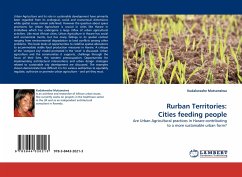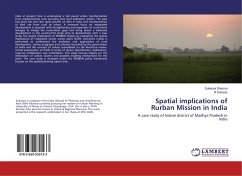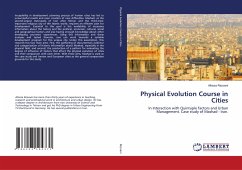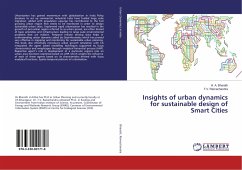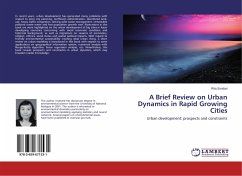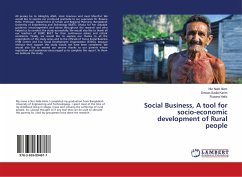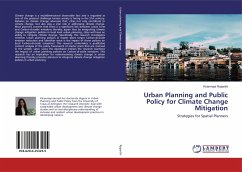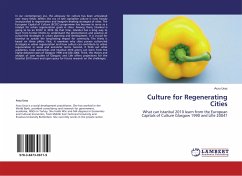Urban Agriculture and its role in sustainable development have primarily been regarded from its ecological, social and economical dimensions while spatial issues remain side-lined. However the question about space provisions for Urban Agriculture is crucial in cities like Harare in Zimbabwe which has undergone a large influx of urban agricultural activities. Like most African cities, Urban Agriculture in Harare has social and economical merits, but has many failings in its spatial context ranging from environmental degradation to land conflicts among other problems. This book looks at opportunities to redefine spatial allocations to accommodate viable food production measures in Harare. A critique of the compact city' model promoted in the west' is discussed. Urban agriculture and the communities it supports, challenge through the focus of their lives, this western preoccupation. Opportunities for implementing architectural interventions and urban design strategies related to sustainable city development are discussed. The examples shown demonstrate how difficult it is for various authorities to equitably regulate, authorize or promote urban agriculture and yet they must.
Bitte wählen Sie Ihr Anliegen aus.
Rechnungen
Retourenschein anfordern
Bestellstatus
Storno

